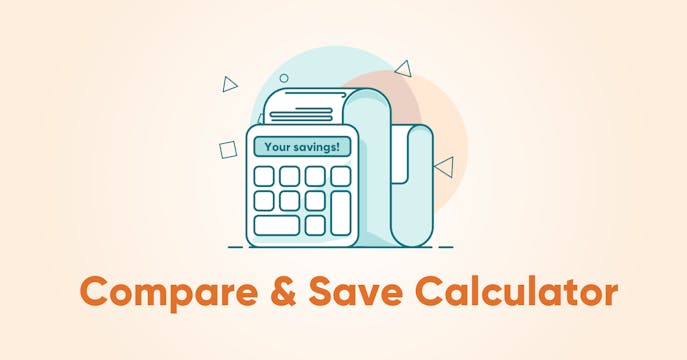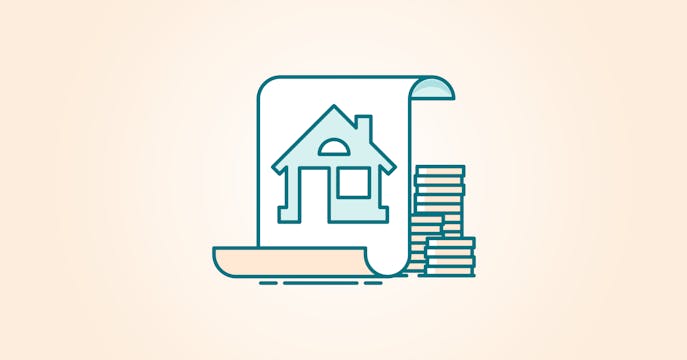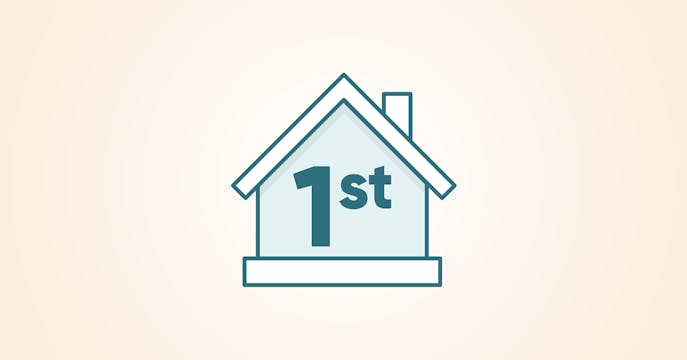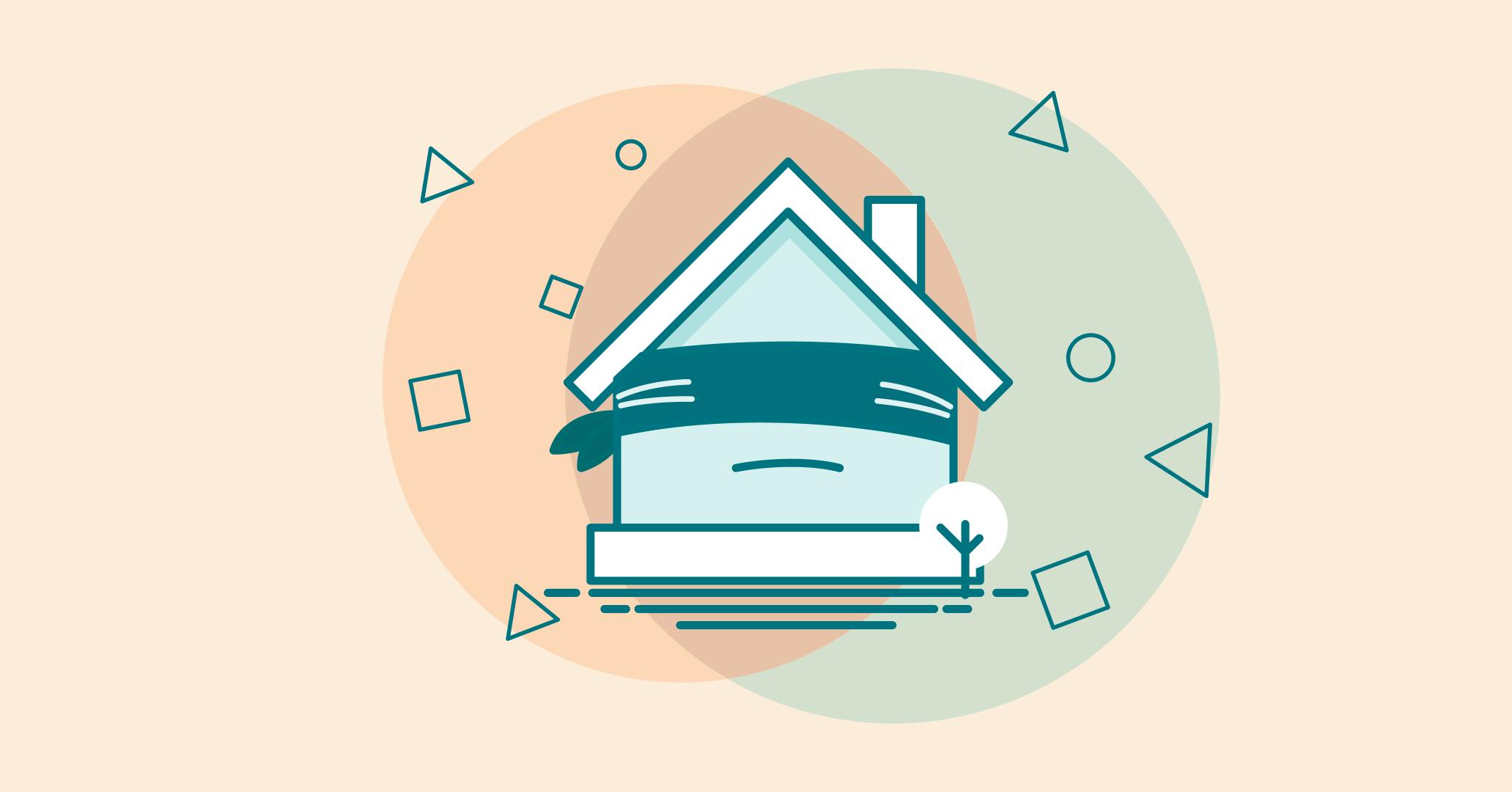How the Blind Bid is Hurting the Canadian Housing Market
A Toronto real estate expert talks about this bidding tactic that drives prices up, and transparency down.
Blind bidding was a push-button topic for the 2021 Election. Read our blog 2021 Election Housing Platforms for proposals the elected party may use to target this issue.
Blind vs Open Bidding – Is One System Better Than the Other?
Which should you choose right now, a fixed or variable rate?
Blind bids hurt buyers and the market. So why are they allowed?
February 2015
A discussion by real-estate expert Andrew Harrild, Condos.ca
We’re in the middle of a busy real estate season right now. In certain cities across the country, the inventory of single-family homes is becoming increasingly limited, as more and more condos go up and the number of hopeful house buyers continues to grow. Unfortunately for buyers in these areas, that means being stuck in a heated seller’s market, which leads to offers over asking prices, and potentially even bidding wars.
In Toronto, we’re used to seeing bidding wars this time of year. However, there’s one kind of bidding war that not only hurts buyers, it affects the housing market as a whole – it’s the blind offer. And not to scare anyone, but if we continue to allow this type of bidding war system, then I could see why we’d end up in a housing bubble. Here’s why:
What is a blind offer?
A blind offer starts when a listing goes up and an offer date is set on the property. On the offer date, all interest parties meet at either the property itself or at the listing agent’s brokerage, and make their best offer. Your offer will include the price you’re willing to pay, as well as any conditions you have or are willing to remove (such as the home inspection or financing). It’s called a 'blind offer,' because no one knows how much the other hopeful buyers are offering. So, you get one shot to make the best guess as to what it’ll take for you to 'win' the property.
How is a blind offer different from other bidding wars?
With other bidding wars, you usually have the opportunity to go back and forth a couple times, in order to try and outbid the other potential buyers. With a blind offer, however, there is zero transparency. It’s the ultimate form of high stakes poker, but in real estate. You have no idea what your competitors are going to offer and, therefore, you have no idea where you stand with your own offer.
What’s wrong with the blind offer system?
Because of the lack of transparency, the 'winning' offer may be thousands and thousands of dollars more than it needs to be, because there's no disclosure of what others may be offering.
For example, Buyer A could offer $15,000 over the listing price, Buyer B could offer $18,000 over and Buyer C could offer $40,000 over. These numbers aren’t unrealistic, yet we see them all the time in Toronto! Instead, Buyer C could’ve offered just $18,001 over the listing price and still won – which puts them out $21,999. So, the lack of transparency made Buyer C feel like they had to make a hyper offer in order to win the bidding process.
Overall, the blind offer system — which only helps sellers and hurts buyers — sets our housing market up for disaster. If people continue to pay dozens, and even hundreds, of thousands of dollars over listing prices, the value of our real estate could eventually reach an unsustainable level – and then decline.
Related: Are home prices coming down from the peak?
What other system could we use instead?
Personally, I’d like to see a more open system used, such as an auction. Like any other auction, you’d have all the interested buyers and their agents in one room, armed with their max budget and ready to bid up to that amount. The seller would still walk away with more than their asking price, but buyers wouldn’t need to blindly offer more than they need to, in order to purchase the home.
Read more:
Pre-Qualify in Minutes
Save money with your best mortgage rate
It's time to save money on your mortgage
What do you need? We can help.

Compare & Save Calculator
See for yourself how much you can save with our lower rates.
Learn More
Pre-Qualify in Minutes
Know before you go (house hunting, that is). Get pre-approved fast, hold your best rate.
Learn More
First Time Home Buyers
Get the best start and save a pile of cash with our mortgage experts.
Learn More
